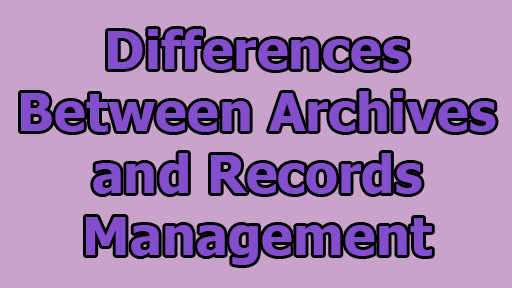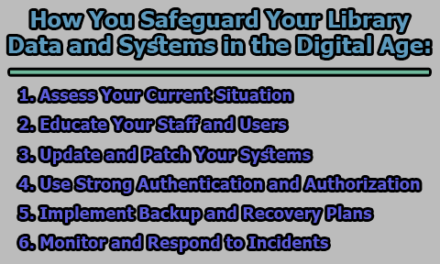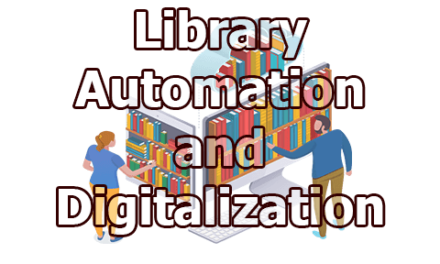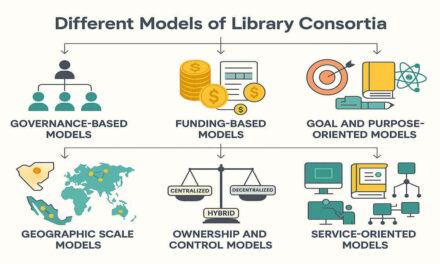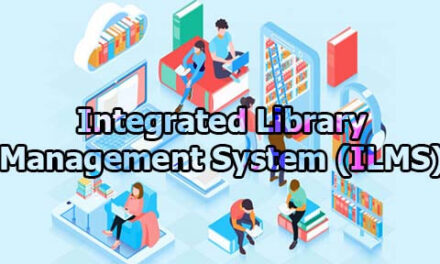Differences between Archives and Records Management:
Archives and Records Management are crucial components of information governance but serve different purposes within an organization or society. Here are some of the differences between archives and records management.
| Points | Archives Management | Records Management |
| Definition | Focuses on the preservation of historical records, documents, and information deemed valuable for long-term retention. | Concentrates on the systematic control of recorded information throughout its lifecycle, from creation to disposal. |
| Focus | Preservation, historical significance, and long-term access to valuable documents and materials. | Efficient and effective management of current and active records for immediate use. |
| Scope | Long-term historical preservation of records with enduring value for research, historical significance, and cultural heritage. | Lifecycle management of records, including creation, maintenance, use, and disposal, emphasizing operational needs and compliance. |
| Purpose | Preserve, protect, and provide access to records that possess historical, legal, or enduring value. | Ensure accuracy, accessibility, and compliance of records for operational use, decision-making, and legal obligations. |
| Content | Historically significant records, rare documents, artifacts, manuscripts, and materials of enduring value. | All types of records (paper, digital, etc.) generated in the course of business operations, regardless of historical significance. |
| Time Horizon | Long-term, indefinite preservation; often involves historical or cultural significance spanning decades, centuries, or more. | Concerned with the entire lifecycle of records, from creation to disposition, including short-term and intermediate retention periods. |
| Management Approach | Emphasizes preservation, conservation, arrangement, description, and access to ensure long-term usability and authenticity. | Focuses on creation, classification, storage, retrieval, and disposal, employing systematic processes and technologies for efficient management. |
| Access | Access is often specialized, restricted, and controlled, allowing scholars, researchers, or authorized users to study and analyze historical materials. | Access is regulated based on organizational policies, ensuring authorized personnel have appropriate access to records for operational needs. |
| Users | Researchers, historians, scholars, students, and individuals interested in studying historical documents and materials. | Employees, staff, departments, and stakeholders needing access to records for daily business operations, decision-making, and compliance. |
| Regulations | Governed by cultural heritage laws, preservation standards, and archival principles focusing on authenticity and integrity. | Governed by various regulations such as data privacy laws, retention requirements, and industry-specific compliance standards. |
In conclusion, archives and records management differ significantly in their purpose, focus, and approach to managing records. Archives prioritize the preservation and access to historically significant materials, serving as custodians of cultural heritage. Records Management, on the other hand, concentrates on the efficient management of records throughout their lifecycle, supporting organizational operations and compliance requirements. Both play crucial roles in preserving information, yet their objectives and strategies diverge due to their distinct purposes and scopes. Understanding these differences is vital for effective information governance and ensuring the proper management of records and historical materials.

Library Lecturer at Nurul Amin Degree College

